New research shows that nearly one-in-three employees don’t trust their employer. And more than two-thirds feel that CEOs are too focused on short-term performance. As a result, employees are far less likely to say positive things about the company they work for.
These are the findings of the 2016 Edelman Trust Barometer Special Report on Employee Advocacy. I wrote about the latest Trust Barometer results back in January, which revealed how 2016 is the year CEOs need to trust employees.
Now, for the first time in the global study’s 16-year history, Edelman has examined the state of trust between employers and employees.
It clearly shows the power of employee voice:

A matter of trust
For many years, the Edelman Trust Barometer has shown that ‘regular employees’ are more trusted than CEOs as a source of information about a business.
But this potential for brand advocacy is threatened by a significant Employee Trust Divide – revealing a huge challenge
for businesses.
 “This is a wake-up call for any business leader who underestimates the importance of building trust with employees,” says Nick Howard (pictured), executive director of Edelman’s employee engagement business in Europe.
“This is a wake-up call for any business leader who underestimates the importance of building trust with employees,” says Nick Howard (pictured), executive director of Edelman’s employee engagement business in Europe.
“Edelman’s special report on Employee Advocacy shows that non-trusting employees are far less likely to say good things about their employer. And worryingly, the bad things they say will be believed by consumers.
“Employees are among the most trusted of all company spokespeople – even more than the CEO.Tweet this
The Employee Trust Divide shows there’s a missed opportunity for employers to help their employees be powerful, trusted advocates with consumers.

Dr Andy Brown, also Executive Director of Edelman’s employee engagement business, led the team that analysed the research findings and identified the attributes of trusted companies.
“The findings are very clear,” says Brown. “Consumers trust companies that treat their employees well. Companies that have ethical business practices. Are transparent and open. And respond well to problems and crises. Equally clear is that these are the topics that employees are most trusted to talk about.”
What’s a major factor influencing whether employees will say good things about their company? Trust in the CEO. Tweet this
“CEOs should be looking at these findings and asking themselves, ‘do my employees trust me?’” added Brown.
Perhaps unsurprisingly, consumers and employees feel the same way about CEOs’ trustbuilding attributes.
“More than two-thirds of people feel that CEOs are too focused on short-term financial results,” says Howard. “And employees are more likely to advocate for their employer when CEOs have something to say about, and meaningful involvement in, societal issues.
“In fact, eight out of 10 people say they want this from CEOs.”
It’s not all doom and gloom. As Brown says, “There’s a big upside to all this…
If you build trust with your employees, they’ll say good things about you.
And when they do, consumers will believe them. Don’t let the opportunity to close your Employee Trust Divide slip by.”
What do I think?
Trust isn’t a meaningless word. It’s the lifeblood of organisations and how to form quality relationships. Tweet this
Consider who you quote internally. Do you always rely on CEOs to announce initiatives and outline the way your company is working?
Why not get employees involved in the announcement – we know people trust their peers, why not work with your workforce to have ambassadors in the truest sense? This means you can move to a state where your employees are the ones getting top billing in sharing news and views about your company, which is reinforced by your CEO.
See the difference? I know which one would resonate with me.
What do you think? What is the level of trust like in your organisation? As ever you’re welcome to comment below or Tweet me @AllthingsIC.
You can see the full findings below and online:











